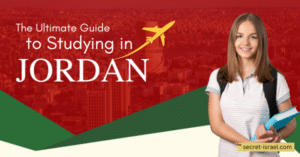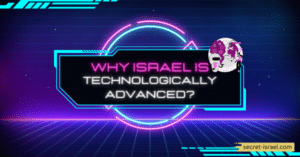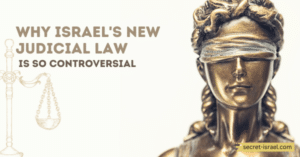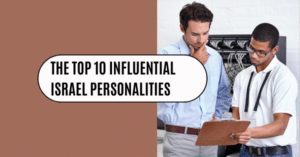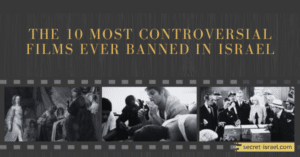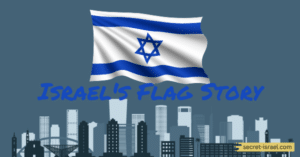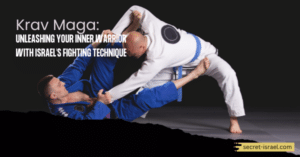The ultra-Orthodox community, known for its strict adherence to traditional Judaism, holds a significant amount of power and influence in Israel. Through the control of the Chief Rabbinate, they have a strong presence in religious and political spheres.
In this blog, we will delve into the history of the ultra-Orthodox community in Israel and examine its current role in shaping the country’s cultural and political landscape. So let’s dive in and explore the fascinating world of the Haredim.
The Rise of Ultra-Orthodox Judaism in Israel
The roots of ultra-Orthodox Judaism can be traced back to the late 18th century in Eastern Europe. This movement was a response to the Enlightenment and modernization, which threatened traditional Jewish beliefs and practices. With strict adherence to religious traditions and separation from secular society, the Haredim sought to preserve their way of life.
After the establishment of Israel in 1948, the ultra-Orthodox community began to grow and establish itself as a dominant force within the country. They established their own neighborhoods, schools, and political parties, all operating under strict religious guidelines. The Israeli government, eager to promote unity and maintain a strong religious identity, provided funding and support for these institutions.
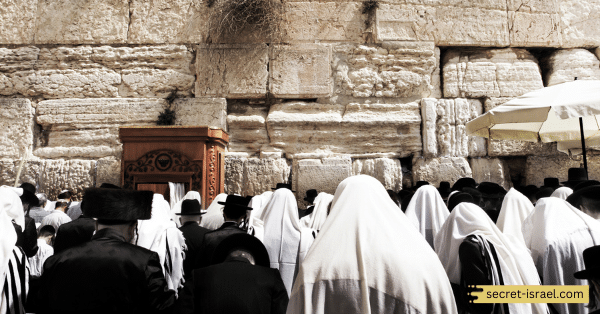
The Power and Influence of the Chief Rabbinate in Modern-Day Israel
The Chief Rabbinate of Israel, the highest religious authority in the country, is largely controlled by ultra-Orthodox Jews. This body holds significant power and influence over matters such as marriage, divorce, conversion to Judaism, and kosher certification. The decisions made by the Chief Rabbinate can have far-reaching consequences for individuals and society as a whole.
One such consequence is the lack of recognition and support for non-Orthodox forms of Judaism in Israel. Reform and Conservative Jews, who make up a significant portion of Jewish communities outside of Israel, often face obstacles when trying to practice their religion in the Holy Land. This has led to tensions between the ultra-Orthodox community and other Jewish denominations, as well as secular Israelis.
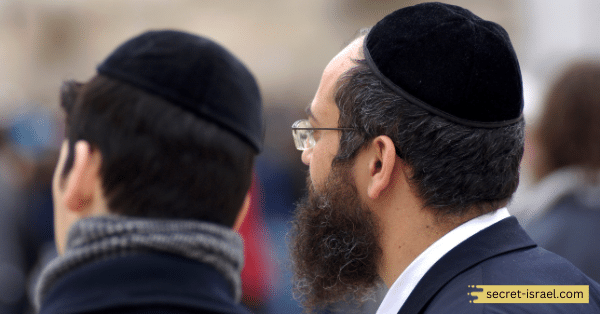
Controversies Surrounding Ultra-Orthodox Practices and Policies
- Segregation of Women: In ultra-Orthodox communities, there is a strict separation between men and women in public spaces, including on buses and in synagogues. This has sparked debates about gender equality and discrimination against women.
- Military Exemptions: Ultra-Orthodox men are currently exempt from mandatory military service in Israel, leading to tensions between their community and the rest of society. This policy has also been criticized for perpetuating economic disparities, as many ultra-Orthodox men choose to focus on religious studies instead of joining the workforce.
- Education: Ultra-Orthodox schools in Israel often prioritize religious studies over secular education, leading to a lack of preparation for students in the job market. This has also sparked debates about the integration of ultra-Orthodox students into mainstream society.
- Political Power: The ultra-Orthodox community holds a significant amount of power in Israeli politics, resulting in policies and decisions that may not align with the views of the majority. This has caused tensions between secular and religious Israelis.
- Public Health Concerns: The ultra-Orthodox community has been criticized for not adhering to public health guidelines, such as COVID-19 restrictions, due to religious beliefs and practices. This has raised concerns about the impact on public health and the spread of diseases.
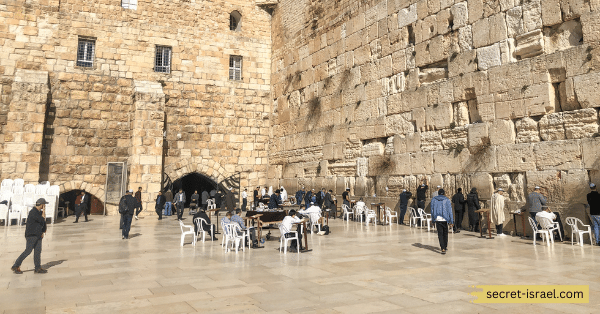
How Ultra-Orthodox Control is Impacting Israeli Society
The ultra-Orthodox community’s control over religious and political affairs in Israel has had a significant impact on society. On one hand, their strict adherence to traditional beliefs and practices has ensured the preservation of Jewish identity and heritage. However, this control has also led to controversies and tensions within Israeli society.
One major concern is the lack of acceptance for non-Orthodox forms of Judaism in Israel. This has created a divide between different Jewish denominations and has also alienated many secular Israelis who do not identify with ultra-Orthodox beliefs.
The exemption from military service for ultra-Orthodox men has also been a source of contention, as it perpetuates economic disparities and creates tension between their community and the rest of society. Additionally, the focus on religious studies in ultra-Orthodox schools has resulted in a lack of preparation for students in the job market, leading to economic challenges and social isolation.
Another aspect of the impact of ultra-Orthodox control in Israel is the influence on daily life. The strict religious guidelines and separation from secular society can make it difficult for individuals outside of the community to navigate daily activities, such as using public transportation or accessing certain services.
Furthermore, the ultra-Orthodox community’s political power has often led to policies and decisions that do not reflect the views of the majority. This has caused frustration and resentment among secular Israelis who feel their voices are not being heard.
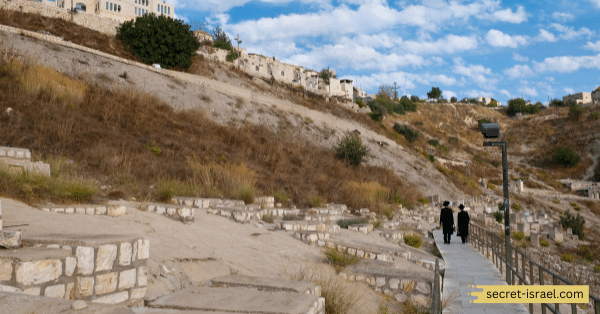
Will It Continue to Grow or Face Resistance?
The ultra-Orthodox community’s influence in Israel has reached new heights, with the Chief Rabbinate exerting control over religious and political matters. However, this dominance has also sparked debates and controversies within Israeli society.
As the country continues to modernize and diversify, it remains to be seen how the ultra-Orthodox community will adapt and whether their power will continue to grow or face resistance. Regardless, their influence in Israel is a force to be reckoned with and will undoubtedly shape the country’s future.
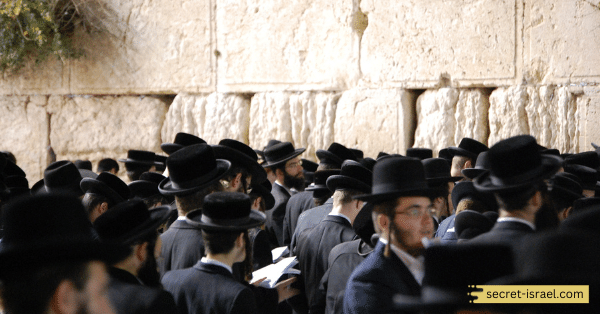
In conclusion
The ultra-Orthodox community in Israel holds a significant amount of power and influence, particularly through their control of the Chief Rabbinate. Their strict adherence to traditional beliefs has ensured the preservation of Jewish identity but also created tension and controversy within Israeli society.
The rising dominance of the ultra-Orthodox community raises important questions about diversity and acceptance in Israel. Will the Haredim continue to hold such power, or will there be pushback from other groups?
Only time will tell, but one thing is certain – their influence has peaked and cannot be ignored in Israeli society. As the country continues to evolve and modernize, it will be interesting to see how the ultra-Orthodox community navigates these changes and if they will maintain their stronghold or face resistance.

